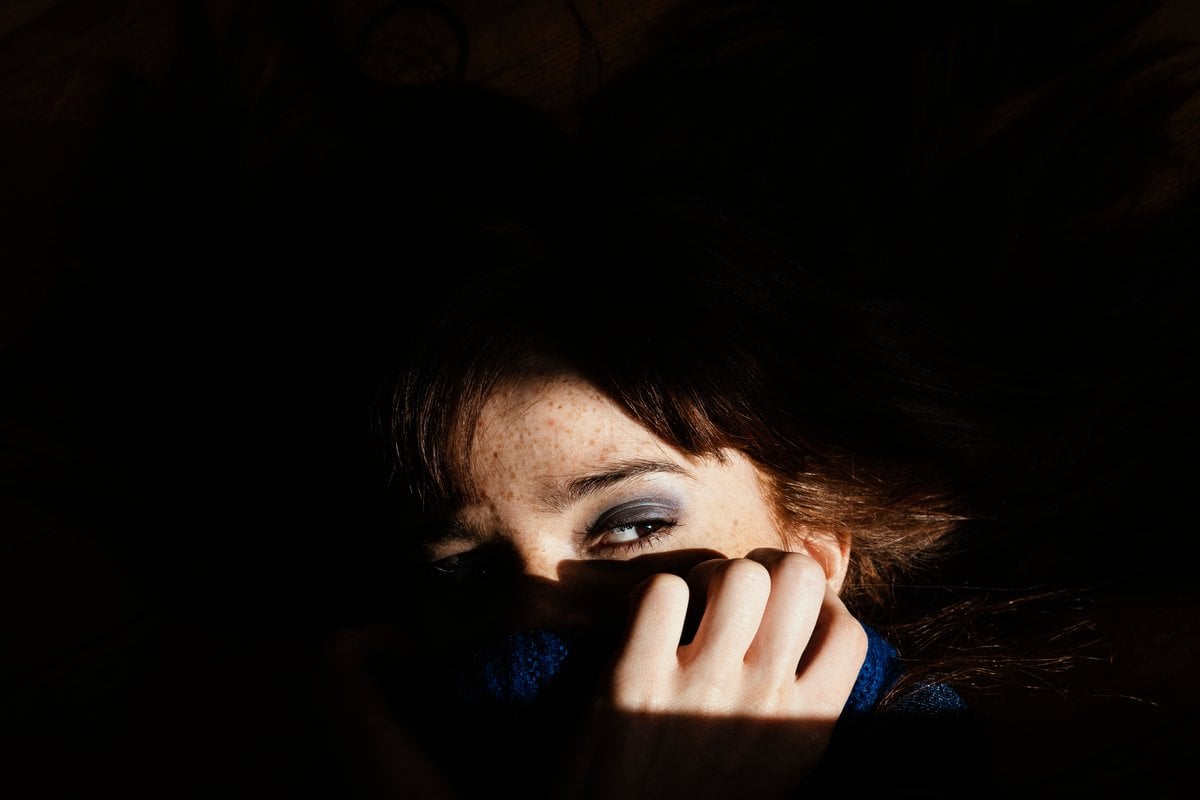
Content warning: This post deals with eating disorders and might be triggering for some readers.
You may have seen a recent article about Olympic swimmer Emily Seebohm’s public announcement on Instagram regarding her battle with an eating disorder.
It’s an incredibly difficult and personal story to share. Emily is one of the four per cent of Australians affected by an eating disorder. While Emily received the compassion and empathy that anyone should when sharing something so deeply personal, there are still many misconceptions and stigmas surrounding the who, how, and why of someone who is impacted by eating disorders.
Sadly, the yearly mortality rate for people with eating disorders is almost double that of the general population, the highest of any mental health condition alongside substance use disorders, as reported by The Conversation.
Aussie singer Kasey Chambers shares her experience of having an eating disorder in the video below. Post continues after video.
While eating disorders span across many different forms such as binge eating disorder, bulimia nervosa, orthorexia, avoidant/restrictive food intake disorder (to name only a few), the yearly mortality rate for those affected by anorexia nervosa is almost six times than that of the general population, according to Eating Disorders Victoria.
